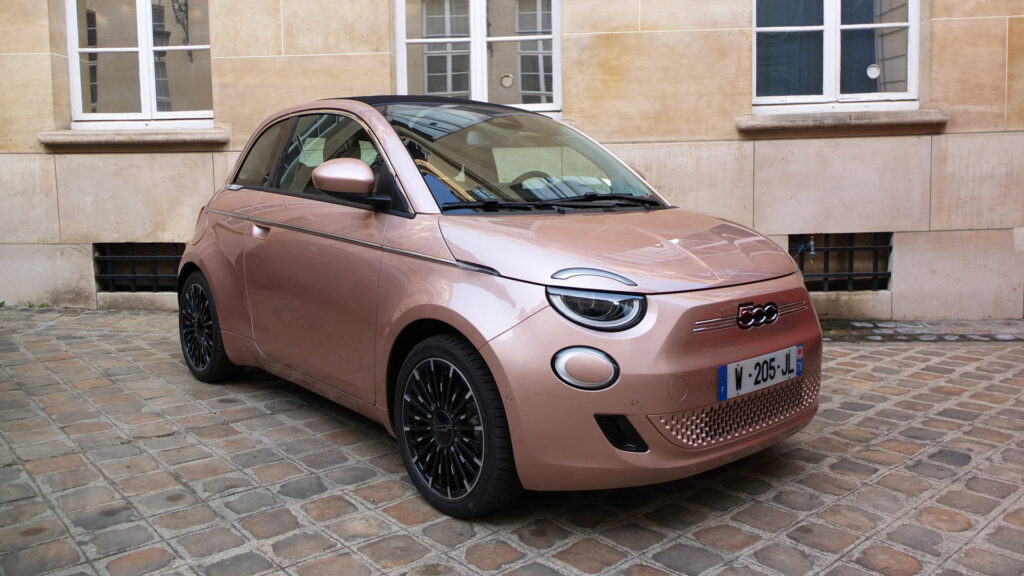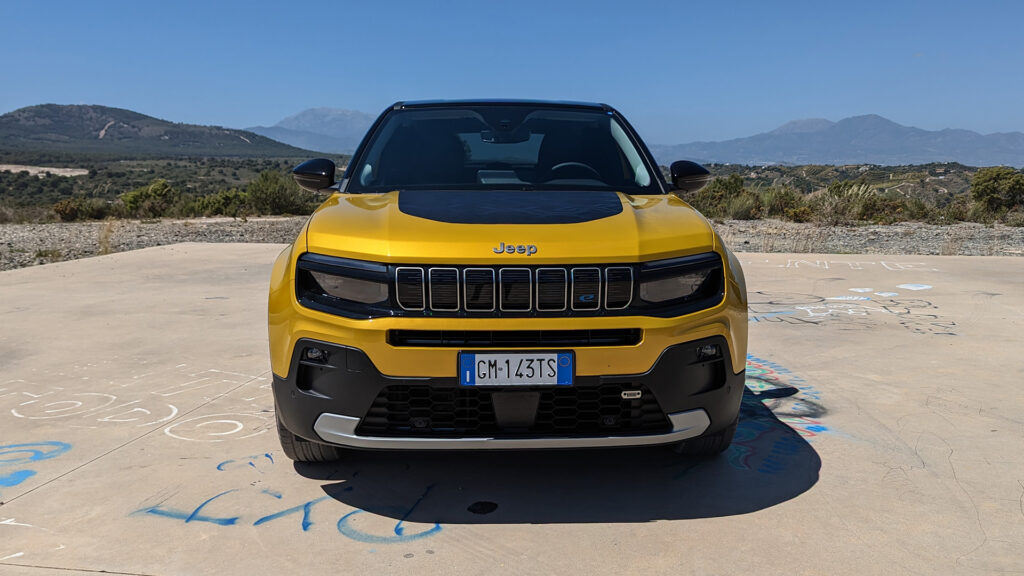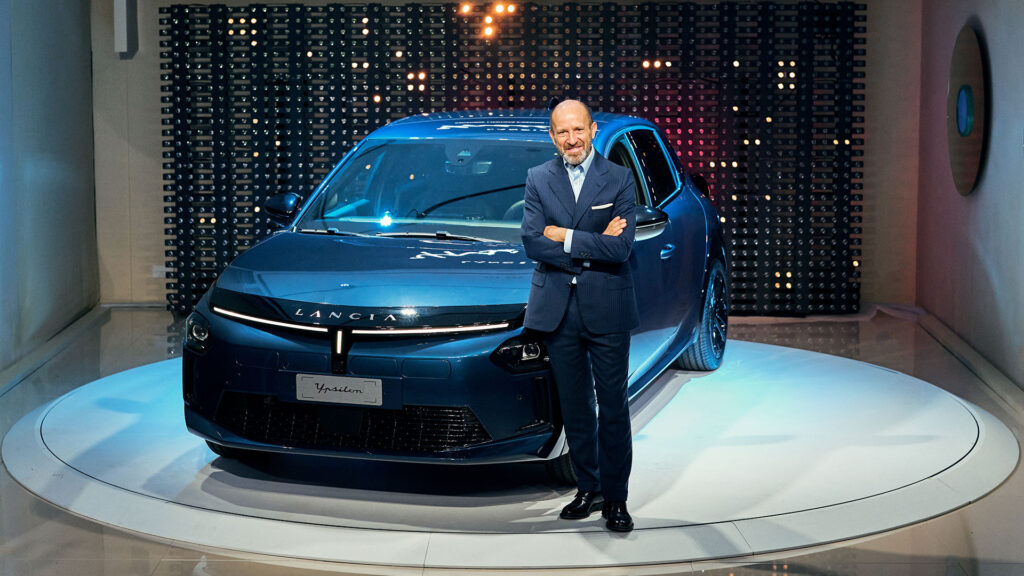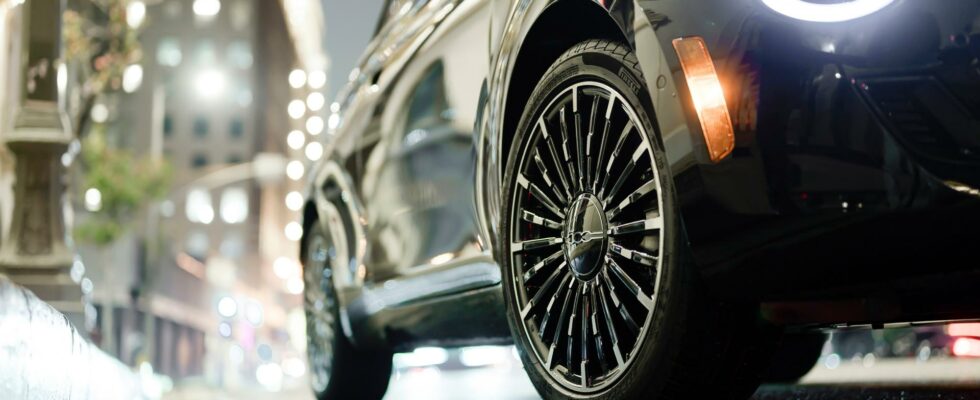It is always simpler to say that customers do not want an electric car, rather than to question the group’s strategy. Is choosing the easy way really the best solution for Stellantis? This is the subject chosen for the editorial of the Watt Else newsletter of March 28.
Far be it from me to criticize Stellantis for its very pragmatic approach to the market. Unfortunately, this is still happening at the expense of electric cars. Those who closely follow the often contrasting statements of Carlos Tavares, the boss of the Franco-Italian-American group, will not be surprised. The man has always expressed a certain disenchantment with electric cars and this is reflected in the strategy of the different brands. However, the discourse has evolved somewhat over the last two years. Investors had to be reassured that the 14 brands (from Peugeot to RAM) would enter the race without procrastinating too much.
Stellantis has nevertheless always focused on the principle of multi-energy platforms, even for new platforms supposed to be oriented towards electricity. Thus, the brands ensure a permanent exit route towards thermal/hybrid, in the event of failure of an electric version. Risk-taking is reduced to a minimum, the bank systematically wins, like in the casino. However, this solution has a drawback: the group’s brands never seem to question themselves again.
The Italian turnaround: the Fiat 500e case
Since the first announcements of the “new 500” (in the middle of covid), Fiat has always said that this model would be based on a platform designed for electric power and that it would not be equipped with a thermal engine. It was written in black and white on the documents as early as 2020, even before the merger between the two groups to form Stellantis.

There would have been discussions around this possibility, according to the Italpassion site, but the project would have been ruled out before the launch. Well, until last week, when the model’s suppliers received a strange letter requesting volume and price revisions for a thermal version of the 500e. Stellantis thus confirms that you should “never say never”. However, this inconsistency could begin to damage the group’s image.


Anyone who wants to drown their dog accuses it of rabies
After all, this is not the first time that one of the brands has reversed its announcements. Even though the message was hammered home with conviction (“ the model will only be available in electric in France ), you just have to wait a few months to hear another story. The Jeep Avenger is the perfect example. The thermal version was only to be available in markets where electric is struggling, such as Italy. But Jeep ended up backing down in France, in less than 6 months, in the face of rising ground.


Obviously, between an electric Jeep Avenger for more than €38,000 and the thermal version for less than €25,000, it is easy to guess which sells more easily. To avoid losing face, count on Stellantis to say that electric sales are not there. This is also the argument used for the Fiat 500.
Stellantis will never concede that paying €13,000 more for a 51 kWh battery is certainly exaggerated. The group’s electric cars are not cheap, and will be even less so in the coming months. But this subject is somewhat taboo.
Repeatedly on other brands and models
This situation will be repeated with the Lancia Ypsilon and with many other models planned, as for the group’s MPVs. Now that customers have understood the trick, all they have to do is wait for the brand to backpedal itself.


It is even longer-term strategies that are beginning to reflect this change of direction. Opel was to be one of the first brands in the group, with Lancia, to reach 100% electric within a few years. This is no longer really on the agenda.
Every week, the Watt Else newsletter contains a spicy editorial and a selection of news on the theme of electric mobility, do not hesitate to subscribe.
Subscribe to Numerama on Google News so you don’t miss any news!
